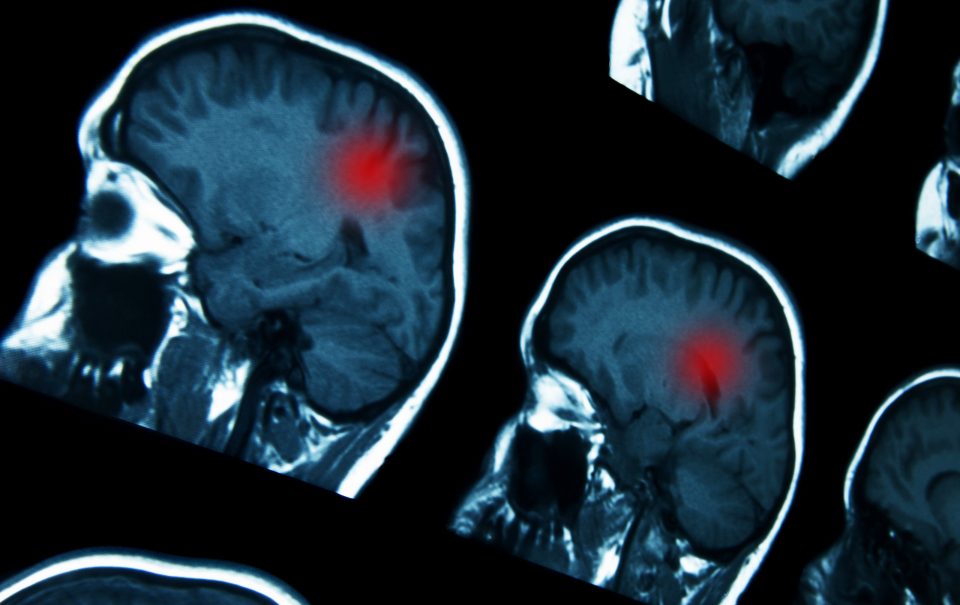
There is growing enthusiasm for the use of antibody-drug conjugates in cancer therapy, where a team of researchers at the Cancer Center at Children’s Hospital of Philadelphia (CHOP) have developed a potent preclinical therapy attached to an antibody that targets a surface protein expressed in the majority of childhood neuroblastomas. The therapy effectively kills the cancer cells. The findings were reported in Science Translational Medicine.
“If there is an ultimate ‘bad guy’ of neuroblastoma cell surface proteins—present on most tumors, but not on healthy tissues, and also vulnerable to immunotherapeutic targeting—this just may be it,” said Lead researcher Yael Mossé, MD, pediatric oncologist and researcher at CHOP, in a press release.
“In 2008, we discovered mutations in the anaplastic lymphoma kinase (ALK) gene as the major cause of the inherited form of neuroblastoma and showed that these same mutations are present in about 14% of neuroblastoma tumors from patients with the most aggressive form of this disease, he continued. “This established ALK as a druggable target in neuroblastoma and provided the rationale for the clinical development of ALK inhibition therapy.”
An antibody-drug conjugate directed to the ALK receptor demonstrates efficacy in preclinical models of neuroblastoma https://t.co/3JisgSvMM7
— Glioblastoma Treatment (@GlioblastomaT) March 15, 2019
Neuroblastoma is the most common cancer in infants and accounts for >10% of all deaths related to childhood cancer. It affects the developing peripheral nervous system and commonly occurs as a solid tumor in a child’s chest or abdomen. Despite intensive drug therapy, children with high-risk neuroblastoma continue to face a poor prognosis.
“We now show that native ALK (in the absence of mutation) is present on most neuroblastoma tumors, providing us with an exciting opportunity to target ALK in the majority of patients,” Dr. Mossé said of the results.
An ALK-directed #AntibodyDrugConjugate (CDX-0125-TEI) demonstrates #antitumoractivity in #ALK mutant #PDXmodels of #neuroblastoma #RenataSano et al. @PedCancerCare @ScienceTM https://t.co/h69rcAce7R pic.twitter.com/sgq2eRfirq
— MI-mAbs (@MI_mAbs) March 15, 2019
Proof of Concept
The CHOP research team worked with pharmaceutical colleagues to weaponize an antibody-drug conjugate (ADC), an anticancer agent. The ADC, known as CDX-0125-TEI, combines a specific monoclonal antibody engineered to recognize ALK with a powerful chemotherapy drug, an alkylating agent known as thienoindole (TEI). The ADC-ALK approach killed neuroblastoma cells in cell cultures and animal models; there were no discernible toxic effects on healthy cells. “The goal of this approach is to harness the presence of ALK to precisely deliver a poison only to the cancer cell, without harming the healthy surrounding cells,” Dr. Mossé said.
She added, “This study is proof of concept that the ALK protein is a good immunotherapy target and, as we optimize this approach for the clinic, has the potential to be useful for the majority of aggressive neuroblastomas and to minimize the harsh consequences of therapy.”
The Moss é laboratory at CHOP focuses on the underlying molecular mechanisms that allow ALK gene activation to contribute to the development and progression of neuroblastoma. The team’s work is designed to identify targeted, less toxic therapies for pediatric patients with ALK-mediated disease.
An antibody-drug conjugate directed to the ALK receptor demonstrates efficacy in preclinical models of neuroblastoma https://t.co/Pira5H207m
— Eswar Ramalingam (@eswaramalingam) March 13, 2019







 © 2025 Mashup Media, LLC, a Formedics Property. All Rights Reserved.
© 2025 Mashup Media, LLC, a Formedics Property. All Rights Reserved.